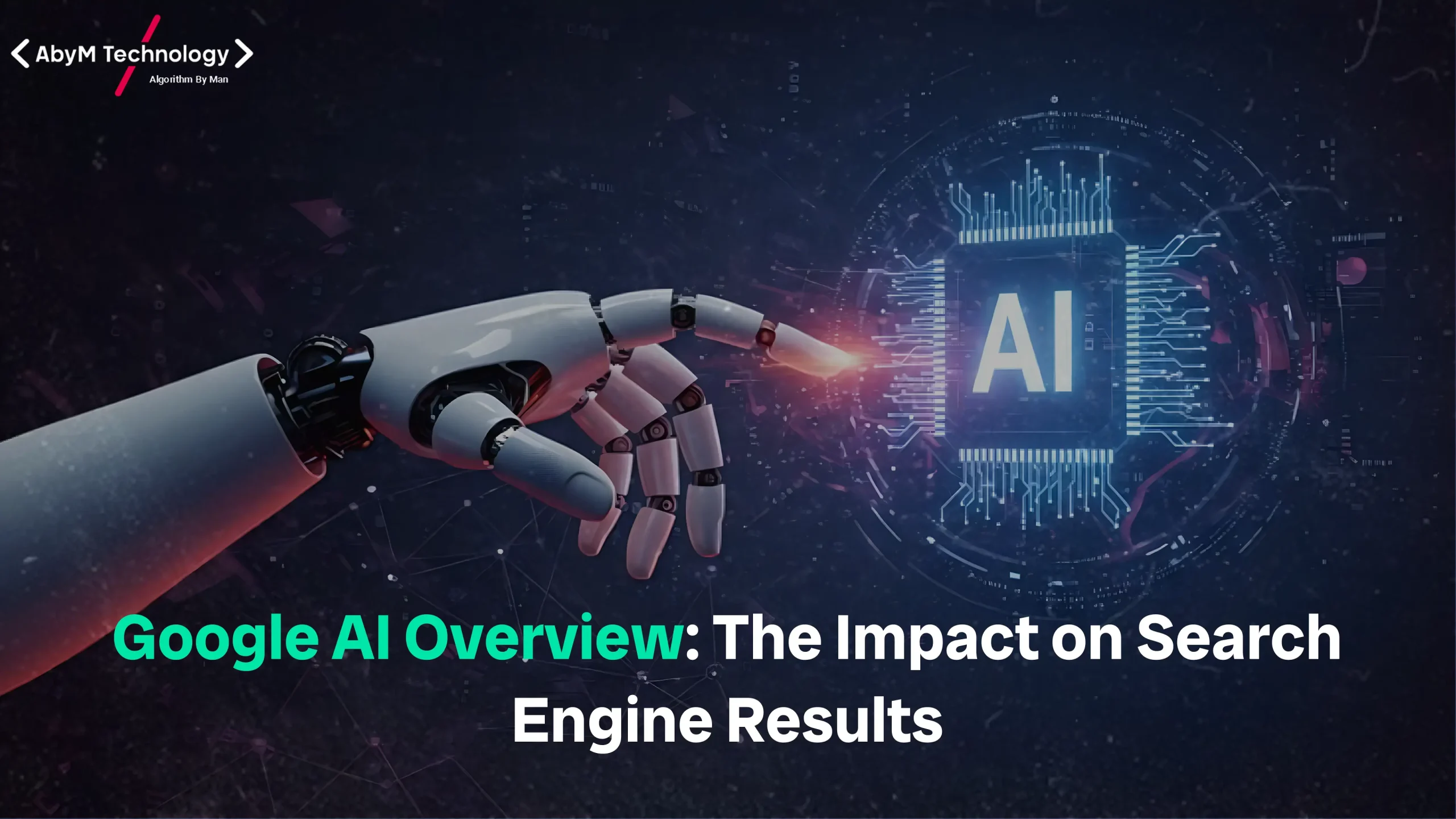Google AI Overview: The Impact on Search Engine Results
blog » Google AI Overview: The Impact on Search Engine Results

In recent years, Google has made tremendous strides in integrating artificial intelligence (AI) into its search algorithms. With advancements like BERT, RankBrain, and MUM, Google is continually evolving how it understands and ranks content, ultimately shaping how users interact with search results.
But what does this mean for SEO professionals, content creators, and businesses? In this blog, we’ll explore the impact of Google AI on search and offer insights into how you can adapt your strategy to stay ahead.
Table of Contents
Toggle1. Understanding Google’s AI Algorithms
Google AI is a broad term that encompasses a variety of machine learning and natural language processing technologies that Google uses to better understand user queries, improve search results, and deliver more relevant content. Some of the most well-known AI technologies that impact search include:
-
BERT (Bidirectional Encoder Representations from Transformers): BERT focuses on understanding the context of words in a search query, especially when the meaning relies on the surrounding words. For example, a query like “how to make a good cup of coffee” is better understood by BERT, which helps the algorithm match the search intent more accurately.
-
RankBrain: RankBrain was introduced as a machine learning algorithm designed to help Google understand and process complex queries. It is particularly effective for interpreting search queries with ambiguous or unique phrasing.
-
MUM (Multitask Unified Model): MUM takes AI capabilities to the next level by processing information in multiple languages and across various formats, such as text, images, and video. This allows Google to answer more complex, nuanced queries and deliver more comprehensive results.
2. The Evolution of Search with AI
With the integration of AI into Google Search, the search process is no longer about simple keyword matching. Instead, it’s about delivering the best answer to a user’s query, considering factors like intent, context, and relevancy. This shift has several significant implications:
Enhanced Understanding of User Intent
One of the primary goals of Google AI is to understand what the user truly wants. With the help of BERT and RankBrain, Google can now interpret long-tail queries and conversational search terms more effectively. For instance, if someone asks a question like “best hiking trails near me in the fall,” Google can now identify the local context, seasonality, and specific preferences.

